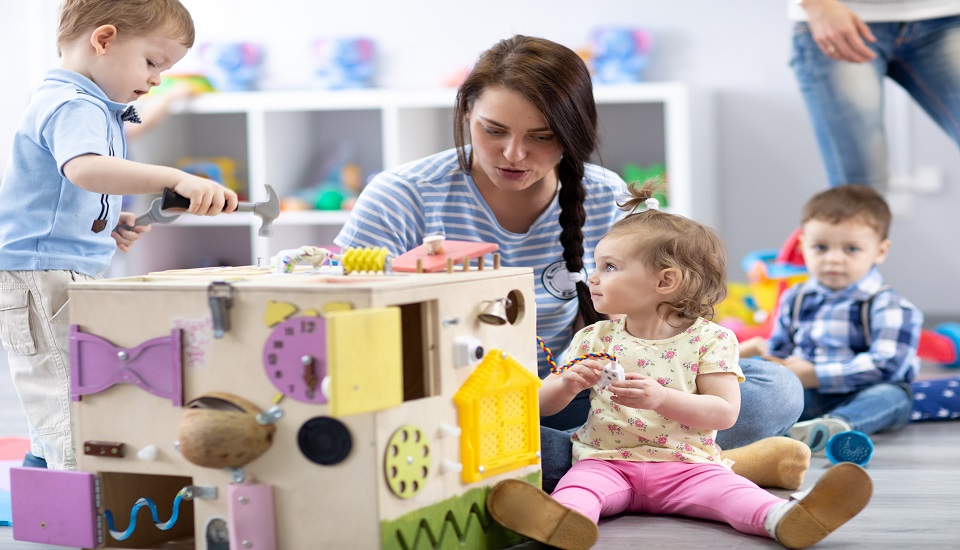5 Secret Tips To Encourage Early Literacy At Home
27th May 2022

Needless to say, as a parent, you play asignificant part in helping your child to become a literate citizen. You can develop your child’s reading aptitude, comprehension, and language skills at home easily. This is vital for your child’s early literacy progress. Moreover, corona virus has affected us so hard that most families are worried about their children falling behind academically.
However, there are a lot of simple ways to encourage a positive relationship with reading. In this guide, you will learn five essential tips for giving young children’s early literacy and language skills a boostand be inspired by top early childhood experts too.
How can you promote literacy at home?
Here are some practical recommendations for helping kids learn to read at home.
- Use Literacy-related Prop Boxes
These are great for use at home as well as in classrooms. Prop boxes are themed dramatic play activities bundled together in an attractive box. Prop boxes usually consist of a few books associated with a subject, puppets or other toys, and props such as paper and markers to aid kids to practice literacy skills as they play. These prop boxes provide kids with enough opportunities to practice early literacy skills.
- Point Out Symbols and Labels
Try to point out words on a street symbol, orread labels on food items or art supplies together with your child. Show your child other forms of print like billboards, newspapers, magazines, etc. Well, putting labels on objects can also help. Awareness of this type of “environmental print” is a very imperative part of developing reading and language skills.
- Make A Literacy-rich Environment
Certainly, nursery rhymes are exclusively helpful for language and early childhood education. At home, try to read aloud to boost the amount of language that your child hears. Make reading a part of your daily life, and for all you know, children will learn to love it. This can be accommodating in this repute. Hanging various kinds of print around your house or labelling different objects in your home can also help in showing the importance of language, reading, and writing.
- Use Unusual Words
A young child’s ability to learn new words is huge. Try to introduce unusual vocabulary words, let the child say them, and then ask the child to try to figure out what the words mean. Here, words related to a child’s benefits or a favourite book might be particularly fun to learn. Some kids may enjoy learning the long, multisyllabic names of dinosaurs while others may like the farfetched words.
- Practice Storytelling
We all know that kids love to hear stories - not just in books, but from people themselves. Encourage your child to tell you stories. While you’re at home, you might video-chat with your child’s grandparent or a family friend and ask them to tell various stories. This will help them read more compound fiction.
The Bottom Line
Try to encourage all kinds of learning. Don’t dismiss certain forms of reading accidentally. Realistic novels, comics, audio books, and picture books all are effective forms of reading regardless of your child’s age and aptitude. Nursery teacher training courses are perfect for you. With these courses, you will be able to nourish your child’s learning process at home as well along with the nursery teachers.
Looking for earning the Nursery teaching certificates?
Contact us - 1800-212-6400.
Written By : Debolina Chakraborty











